The Moral Line and the Judge
It's interesting to me where people draw the moral line. In just a few days, the conversation around Judge Kavanaugh has changed from whether he sexually assaulted someone to whether he actually lied under oath.
Friends and classmates of the judge were previously reluctant to say anything about his character or heavy drinking in high school and college until they saw his personal statements on Fox News and in the hearing in which he presented his past self has composed, reserved, and entirely focused on his studies. Basically, he downplayed his relationships and his behaviors.
It was then - and only then - that these friends believed he crossed a line, lying under oath, and saw that as unfit behavior for the Supreme Court (not his general misogynistic behavior). Yet now that they're coming forward with evidence that he was involved in certain events and had knowledge or coordinating a defense of against accusations prior to his hearing (despite testifying he had no knowledge of the claims), they're basically being ignored by the FBI.
Several major organizations who previously supported Kavanaugh have also backed down, suggesting that Trump should recommend someone else instead. They realize that no matter what happens, it will be impossible for the FBI to completely exonerate him, and that it would forever taint what is supposed to be an impeccable and nonpartisan court, an idea that continues to be clouded with dubious partisan tactics being used to shape it.
That moral line is a moving target that can be mired with our end game. If we as people decide our goals should achieved by a whatever-it-takes attitude, even if it means blurring the lines of truth or ethical behavior, the goal will always fall short. Justice isn't a destination. It's a process. Whether it is developing a policy or nominating a new Supreme Court justice, we need to remember that morality isn't a line to cross, but rather rail guards to keep us in check. Stray from that and you might end up somewhere that you'll regret.
We all have our lines and sometimes they conflict with others. But in a system of law - essentially, a structured set of these lines - we all have to decide if the people with the highest authority should be allowed to move the line whenever it is convenient to themselves or not. We should remember that when in doubt, those lines are needed more than ever as a beacon for accountability, trust, and morality.

